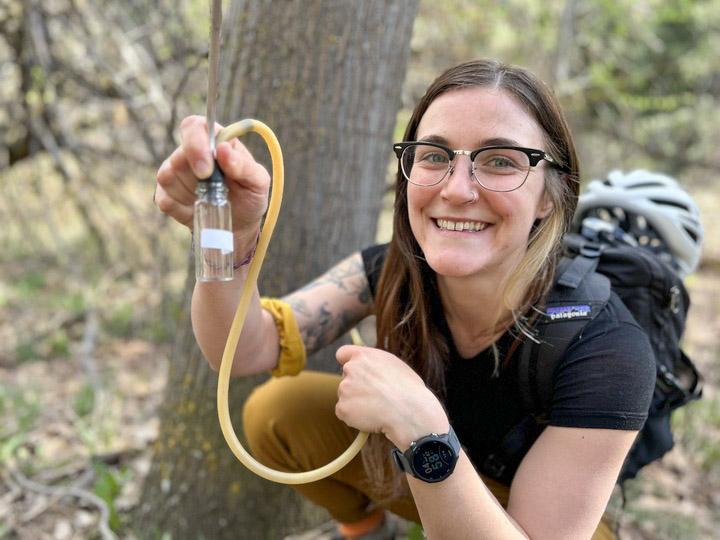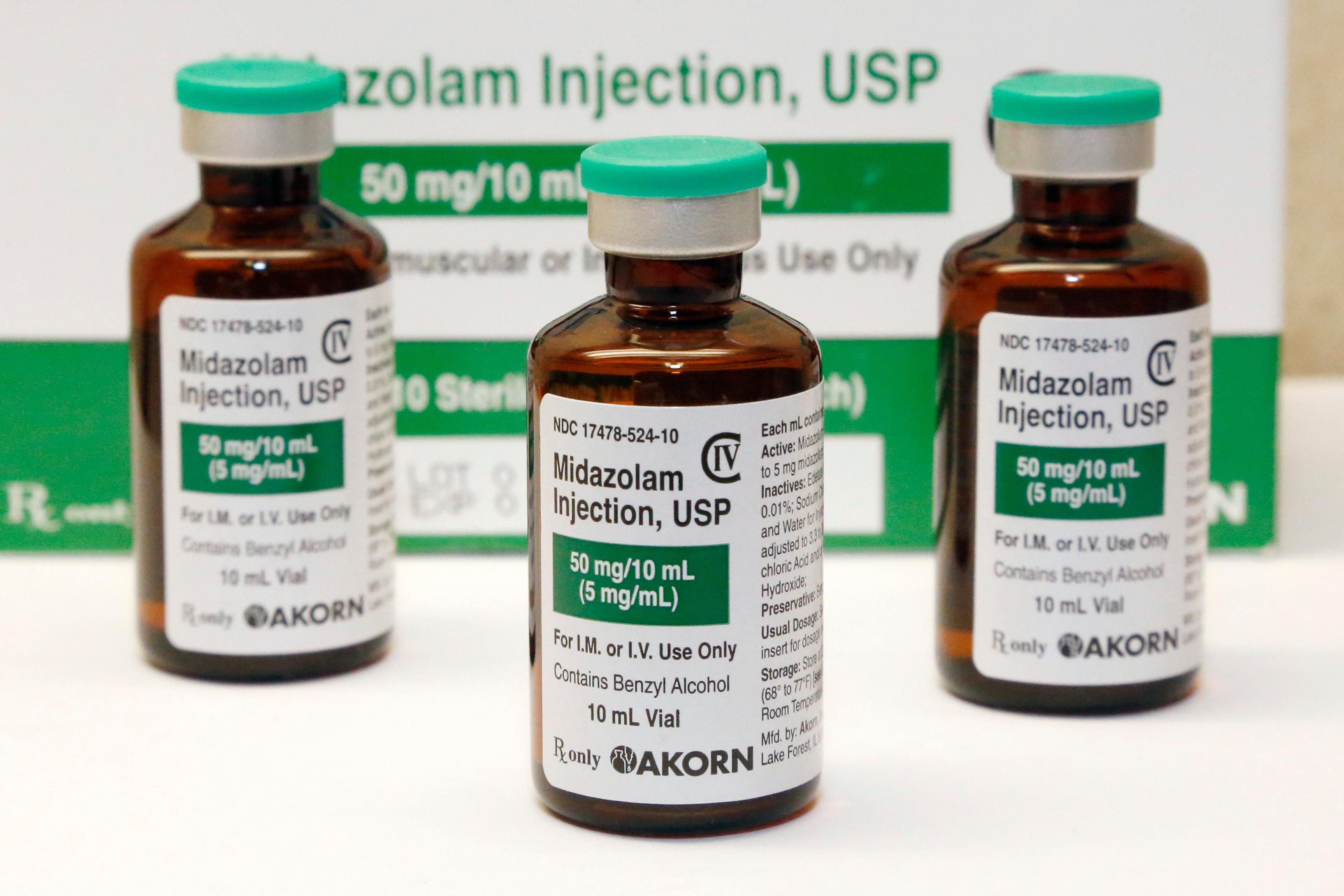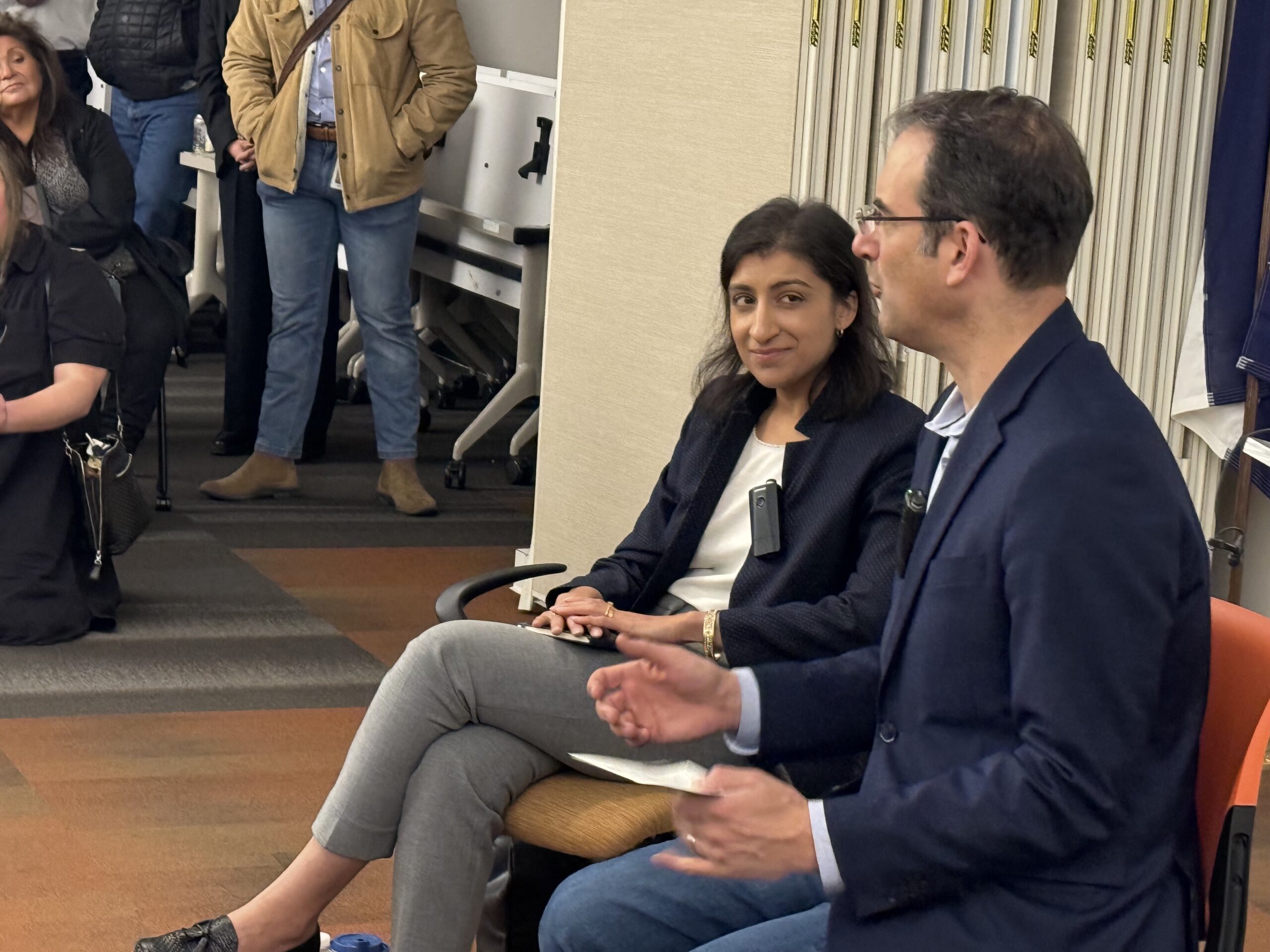
The last grocery chain merger in Colorado happened nearly a decade ago. At the time, it felt like a gut punch for Carol McMillian.
McMillian worked at a Safeway in Aurora, but she lost her job when Albertsons acquired the chain and shut down nine stores in Colorado, including hers, in 2015.
Today, McMillian works for King Soopers as a bakery manager, but she fears she’ll be left behind again under a proposed merger between the grocer’s parent company, Kroger, and Albertsons.
“I worry if I'm even going to have a job in order to buy groceries,” she said. “These merger track records are not too good. They're not looking good at all.”
McMillian was one of several grocery workers who spoke Wednesday during an hour-long listening session at the Mi Casa Resource Center in Denver. It was the final event in a monthslong listening tour organized by Phil Weiser, Colorado’s Attorney General, as he and federal regulators consider whether to challenge Kroger’s nearly $25 billion takeover bid of Albertsons – owner of roughly 100 Safeway stores in Colorado.
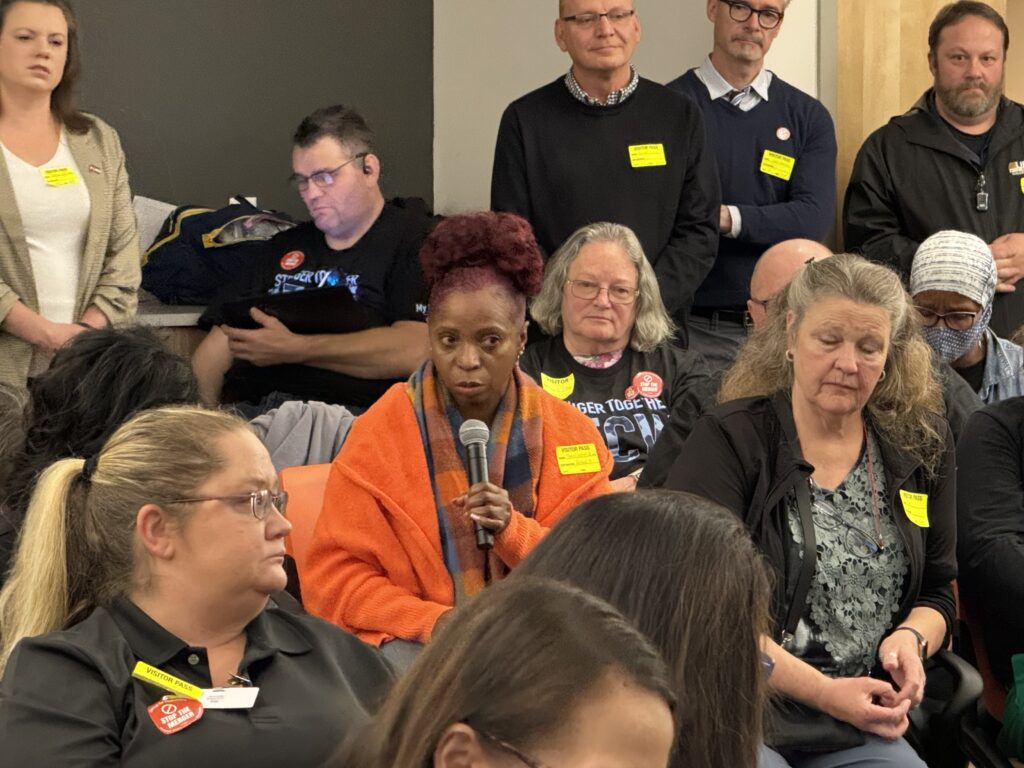
Lina Khan, chair of the Federal Trade Commission, also sat in on the listening seat during Wednesday’s meeting. Khan leads the team of federal lawyers looking at whether to challenge the proposed merger on antitrust grounds.
“You all were really on the front lines serving your communities during the pandemic, and so I particularly feel a special obligation to make sure we get this right,” Khan told the crowd, which was mostly made up of union grocery workers.
“I know antitrust enforcers have not always gotten it right and some of the stories you all have shared about past experiences is a reminder of that,” Khan said.
Khan and Weiser started the session by welcoming the crowd and turning the microphone over to attendees. For the entire hour, they heard from workers and community organization leaders who opposed the merger.
Many shared stories about losing their jobs during past mergers. Fears of food price hikes, and store closures in rural communities were repeated concerns.
Attendees also pointed out negative ripple effects on neighborhoods that emerge when stores close, including expanding food deserts and hurting local agriculture economies.
David Waldvogle, director of the Rocky Mountain Farmers Union, told Weiser and Khan that many farmers depend on King Soopers and Safeway to sell their seasonal staples, like Rock Ford melons, Olathe sweet corn and Palisade peaches.
“Any of these stores closing down could have drastic impacts,” Waldvogle said. “Look at the San Luis Valley in southern Colorado. There's two stores owned by Albertsons. There's one owned by Kroger and there's a Walmart in the whole valley. We desperately need those markets.”
Together, King Soopers and Safeway are two of the biggest supermarket chains in the state — operating more than 250 stores between the two of them.
The combined company would control close to 50 percent of the state’s grocery options if a merger happened, according to some estimates.
In September, the two companies reached a deal to sell hundreds of stores, including more than 50 in Colorado, to a New Hampshire-based wholesaler, C&S Wholesale Grocers.
The deal ensures the stores won’t close as a result of the merger, no frontline jobs will be lost, and all current collective bargaining agreements will be upheld, according to a joint statement from Albertsons and Kroger.
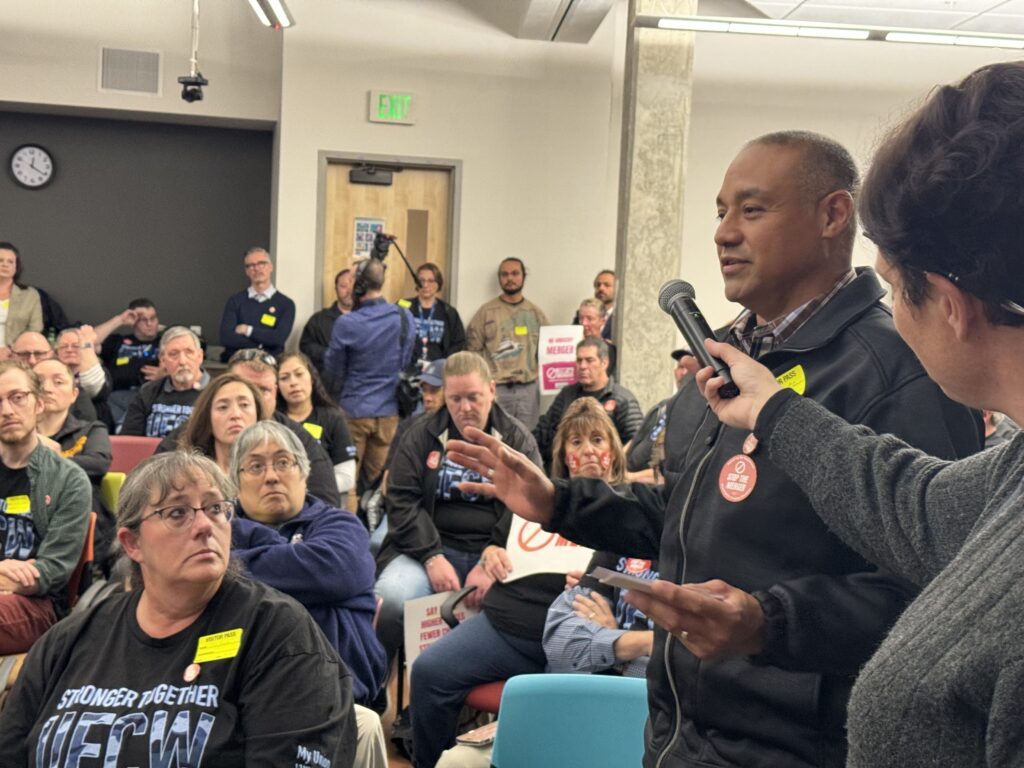
Toward the end of Wednesday’s listening session, Chair Khan asked the crowd whether anyone in the room was in favor of the merger.
Nobody answered.
In a statement after the session to CPR News, Kroger and Albertsons representatives called the event “disheartening.”
“It must have been disappointing to Attorney General Weiser to see his attempt at a public forum co-opted and turned into an anti-merger rally instead of a true public forum representing a broad cross-section of citizens,” a Kroger spokesperson said. “Only non-unionized retailers, like Walmart and Amazon, will benefit if this merger is blocked.”
Weiser said the session, his 19th on the issue this year, was informative. Most sessions, which have taken place across the state, have seen little support for the merger
“The engagement on this merger has been unlike any other I’ve seen,” Weiser said. “We are going to make sure to continue listening.”
Federal and state antitrust investigations are ongoing, Weiser and Khan told the crowd near the end of the listening session. FTC lawyers will continue gathering evidence in the coming months and file a complaint in federal court if they determine the deal violates antitrust laws, Khan said.
“It’s ultimately a judge who would decide whether our challenge would be successful or not,” she said.
The grocery companies have said they expect to learn if their proposal passes antitrust muster in early 2024.

